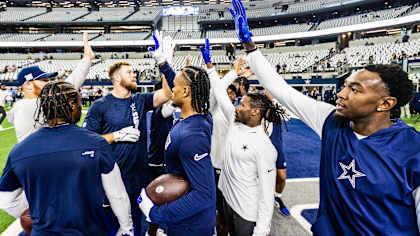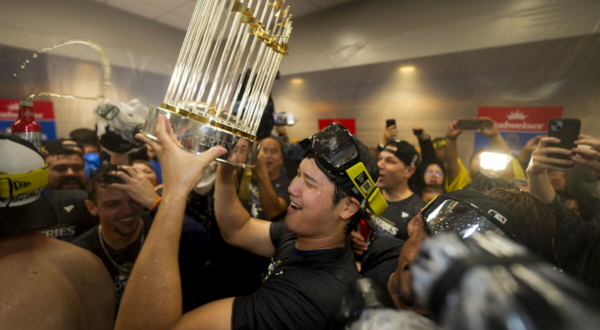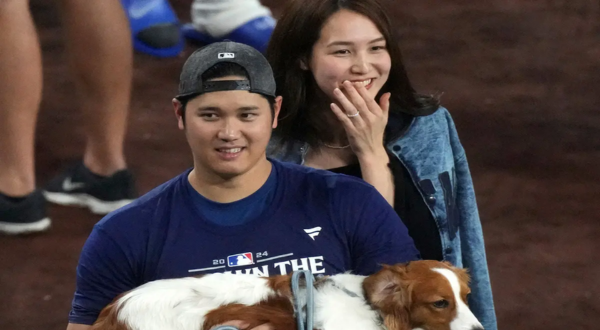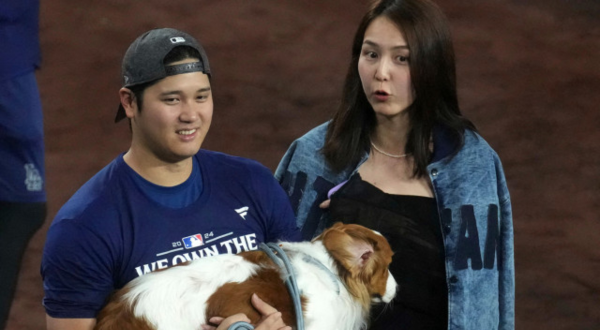
Every week’s offensive game plan is a giant puzzle. In putting the pieces together, Cowboys head coach Mike McCarthy has found success when Dak Prescott and the offense spread the ball around to, in this case, 10 or more different receivers over the course of a game.
“I just think the biggest thing is it keeps you in rhythm on your call sheet,” McCarthy said. “You’re able to exercise your plan.”
And thus far, the plan has worked well in games where Dallas has met the aforementioned criteria. Prescott completed passes to 10 or more receivers against the Steelers, Saints and Ravens. While the Cowboys lost two of those games, they’ve been the three best performances Prescott has had through the air this season, accounting for 1,030 of his 1,424 passing yards.
“You need guys like that, young guys who necessarily aren’t your one or your two making those plays,” Prescott said. “Whether it be injury that we’re dealing with, [Brandin] Cooks, or whether it just be that third guy or fourth guy needing to make big-time catches, you’re going to need everybody on this team.”
The rapport between quarterbacks and receivers takes time and reps to develop, especially when that rhythm needs to sync with Prescott and so many different players. The countless hours put in leading up to the season are invaluable for every reception, even if the result is just one catch for 10 yards like Jalen Brooks recorded against Pittsburgh.
“That just really goes back to the offseason, OTAs and then obviously training camp, just being together with each other for so long and building that trust throughout those times.” Brooks said.
For KaVontae Turpin, who had a career-high four receptions for 50 yards against the Steelers, it’s about trying to make Prescott’s life easier as a quarterback and earning his trust throughout the course of the season.
“[Dak] trusting us and just giving us the ball, everybody over here is a playmaker,” Turpin said. “Everybody over here is trying to make a play, everybody is trying to be a playmaker and just be open for him.”
With Cooks out, Jalen Tolbert was one of, if not the biggest of those playmakers against Pittsburgh last week when the Cowboys needed him the most. Now he’s just another piece of the Cowboys’ offensive puzzle that opposing defenses have to account for.
“It’s special to be able to have a team where you have that many weapons because it’s hard to harp in on one,” Tolbert said. “I think that’s a strength in our team and a strength in the guys that we have in our offense.”
When that much success comes in the passing game, the run starts to open too. That’s great news for the Cowboys, who are the second-worst rushing offense in the NFL but showed some signs of improvement. McCarthy leaned heavily on the ground game in the second half at Pittsburgh, with 19 of their 31 rushing attempts and 85 of their 109 rushing yards coming in the final 30 minutes.
“The adjustments I thought we made in the second half were really good, especially in the run game,” McCarthy said. “Just keeps you in favorable down and distances.”
Favorable down and distances means easier setups for the offense on third down, where the Cowboys converted nine out of 15 opportunities against the Steelers (60%), their highest mark of the season.
“Third down was huge in that game for us, and just being able to be productive on first and second down I thought was probably the best we had all year,” McCarthy said.
CeeDee Lamb is the most important (and highest paid) puzzle piece for the Cowboys, and while cloud coverage from defenses in the second half have slowed his progression, seeing the younger players take advantage of their opportunities brings a smile to his face.
“I can’t express this enough, I told them how happy I was for (Tolbert) in particular, and then for the guys overall just making these big plays,” Lamb said. “I have unbelievable faith in those guys, and I know they can get open.”
You can’t have a puzzle with only one piece, and the same can be said for the Cowboys offense. In order to get to the finished product, every piece needs to be in the right spot at the right time.
“We all work off of each other. We’re not selfish, not divas in the sense of trying to take everything or take every single ball,” Tolbert said. “We understand that this thing works as a whole and we need everybody.”





